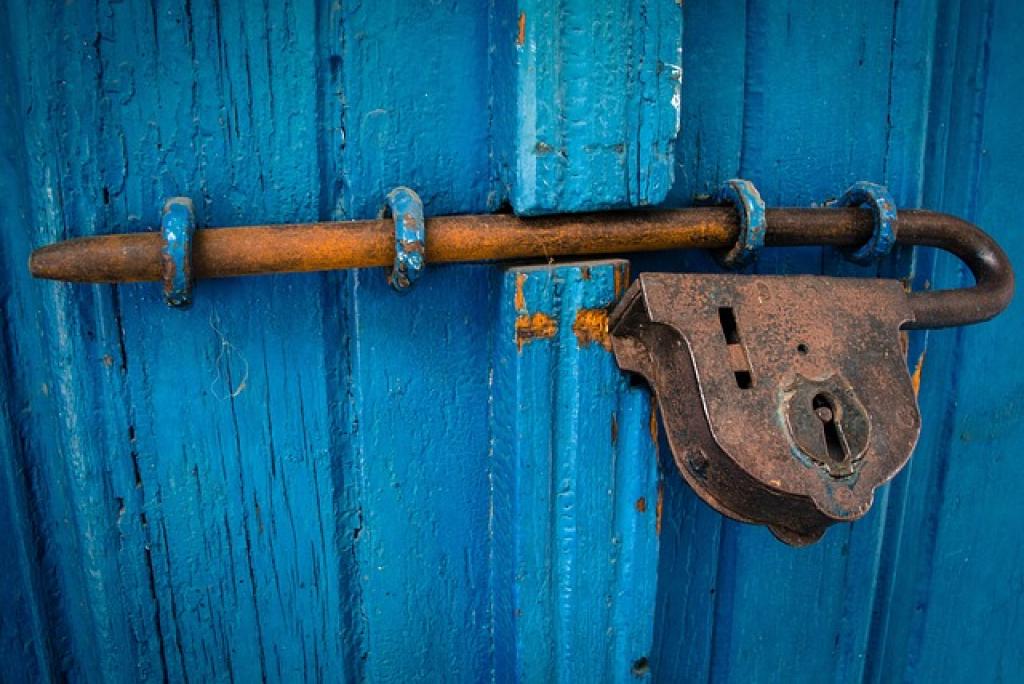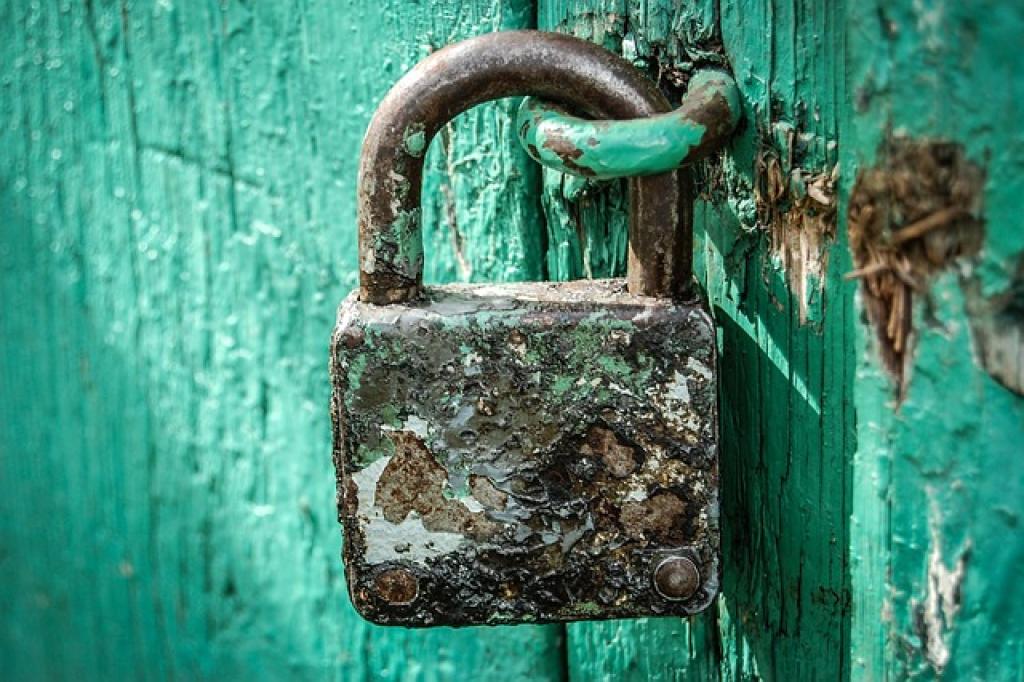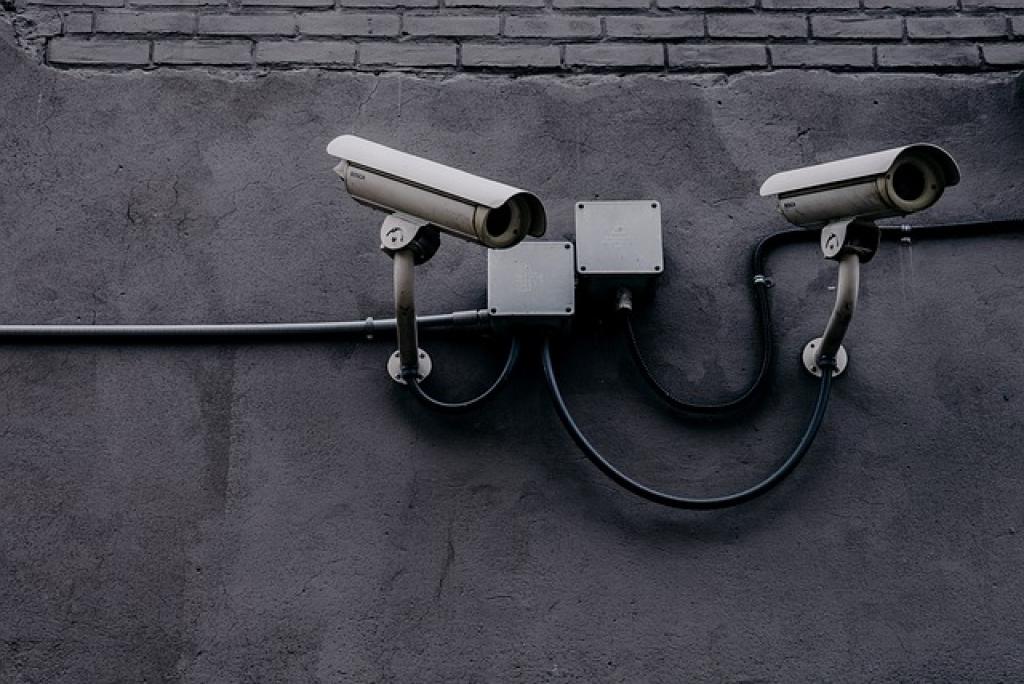
The Cost of Commercial Security and What Affects It
In today’s fast-paced world, safeguarding businesses is more crucial than ever. With threats evolving and becoming increasingly sophisticated, commercial security is no longer a luxury—it’s a necessity.
But how much should a business expect to spend on security? It’s not just about hiring a guard or installing cameras. The total cost can be influenced by various factors, ranging from the size of the property to the technology employed.
Additionally, understanding external influences such as location, industry, and even the level of risk your business encounters daily can have a significant impact on security needs—and, consequently, the budget.
In this blog post, we’ll dive into the key elements driving the cost of commercial security, helping you make informed decisions to protect your assets while maintaining cost-effectiveness.
The Importance of Commercial Security
Imagine walking into your business one morning and finding it compromised. The financial loss, reputational damage, and operational chaos can be devastating. This scenario highlights why robust commercial security is a linchpin for successful businesses.
At its core, commercial security serves to protect invaluable assets, from the physical items within your premises to your confidential data. It deters potential criminals and provides a safer environment for both employees and customers, which can boost morale and customer trust.
Moreover, the presence of a strong security system can reduce insurance premiums and liability risks, presenting an additional financial incentive. In today’s digital age, the convergence of physical and cybersecurity adds another layer of protection against breaches.
Ultimately, investing in comprehensive security is not just about prevention; it’s about ensuring continuity, stability, and peace of mind in an unpredictable world.
Factors Influencing Commercial Security Costs
When it comes to budgeting for commercial security, understanding the key cost drivers can make all the difference. Your business location plays a substantial role. Properties in high-crime areas may require more sophisticated systems, impacting the overall expense.
The size and complexity of your building also matter. Larger spaces often demand more cameras, alarms, and personnel. Additionally, industry-specific risks might necessitate tailored security measures, such as advanced monitoring for high-value inventory or sensitive information.
Technology and Innovation
The level of technology used significantly affects costs. While traditional surveillance systems remain popular, cutting-edge solutions like AI-driven analytics and integrated cybersecurity can increase upfront investment but offer long-term savings through efficiency and enhanced protection.
Lastly, consider the human factor. Employing security personnel can provide immediate onsite support, but this also involves ongoing expenses such as salaries and training. Balancing these elements is key to optimizing your security budget.
Types of Security Systems and Their Cost Differences
Choosing the right security system is crucial, and understanding the cost variations among them can help you make an informed decision. The most common types include surveillance cameras, alarm systems, access control, and integrated security solutions.
Surveillance cameras are a staple for many businesses. Basic models are cost-effective and suitable for general monitoring, while high-definition or IP cameras can be pricier but offer superior image quality and advanced features like remote viewing.
Alarm Systems and Their Variations
Alarm systems come in various forms, from basic setups with door and window sensors to complex systems that include motion detectors and surveillance integration. More advanced systems tend to carry higher costs due to their enhanced capabilities.
Access control systems, which manage who can enter specific areas, vary based on complexity. Simple card-based systems are relatively affordable, while biometric and smart access controls require a larger budget but provide heightened security.
Integrated security solutions combine multiple technologies into a cohesive system, optimizing overall protection but often requiring a significant investment upfront. The key is to assess your specific security needs and choose a system that offers the best value while fitting your financial constraints.
Considerations for Choosing a Commercial Security Provider
Selecting the right commercial security provider is a crucial step in safeguarding your business. To ensure you make the best choice, start by evaluating the provider’s reputation. Look for established companies with positive reviews and a proven track record in the industry.
Assess the range of services offered. A provider with diverse solutions can deliver a comprehensive package tailored to your specific needs, rather than a one-size-fits-all approach. Don’t hesitate to inquire about customization options that can adapt to your evolving security requirements.
Experience in your specific industry can be a huge advantage. Providers familiar with the unique challenges and regulations of your sector may offer more effective and compliant solutions.
Support and responsiveness are equally important. Choose a provider known for excellent customer service and prompt assistance in case of emergencies or technical issues. This ensures peace of mind and smooth operations.
Finally, ensure transparency in pricing. A trustworthy provider should offer clear cost structures and avoid hidden fees, allowing you to plan your budget accurately. By considering these factors, you can select a security partner that aligns with your business goals and financial plans.
The Bottom Line: Balancing Security Needs with Budget Constraints
As you navigate the complex landscape of commercial security, finding the right balance between robust protection and budget limitations is key. While the importance of comprehensive security cannot be overstated, it’s essential to make choices that are financially sustainable for your business.
Begin by thoroughly assessing your security needs. This involves considering the nature of your business, the value of your assets, and potential risks. With this foundation, you can prioritize which elements of security are non-negotiable and which can be scaled according to budget constraints.
Investing in quality over quantity can often yield better results. A high-quality surveillance camera or a cutting-edge access control system may come with a higher initial cost but can prevent costly breaches and reduce expenses in the long term.
Don’t forget the role of technology and innovative solutions. Leveraging the latest advancements can streamline your security operations and provide effective protection without dramatically increasing costs.
Additionally, collaboration with a trusted security provider can offer insights into optimizing your security strategies. They can work with you to develop a tailored plan that aligns with both your security needs and financial planning.
Ultimately, the goal is to create a security framework that ensures your business’s safety and longevity while remaining fiscally responsible. By understanding the factors that influence costs and making informed decisions, you can achieve this balance and secure peace of mind for the future.


